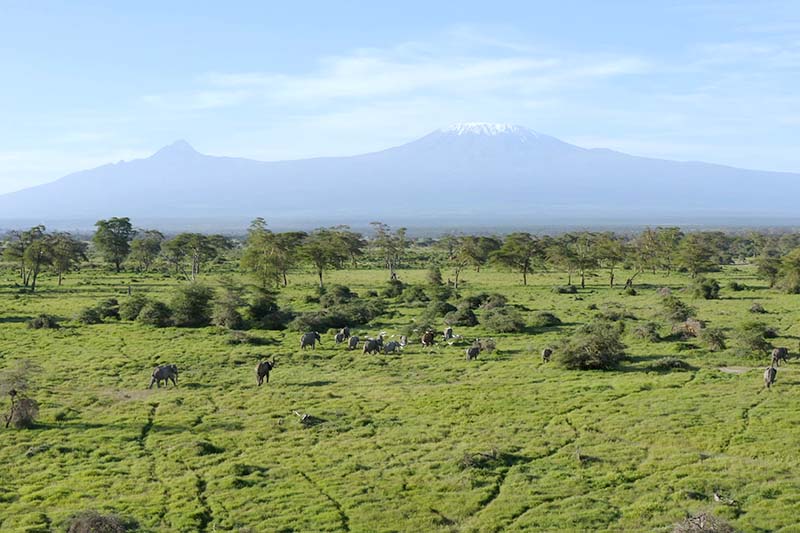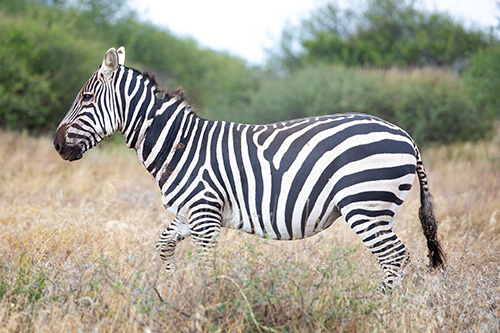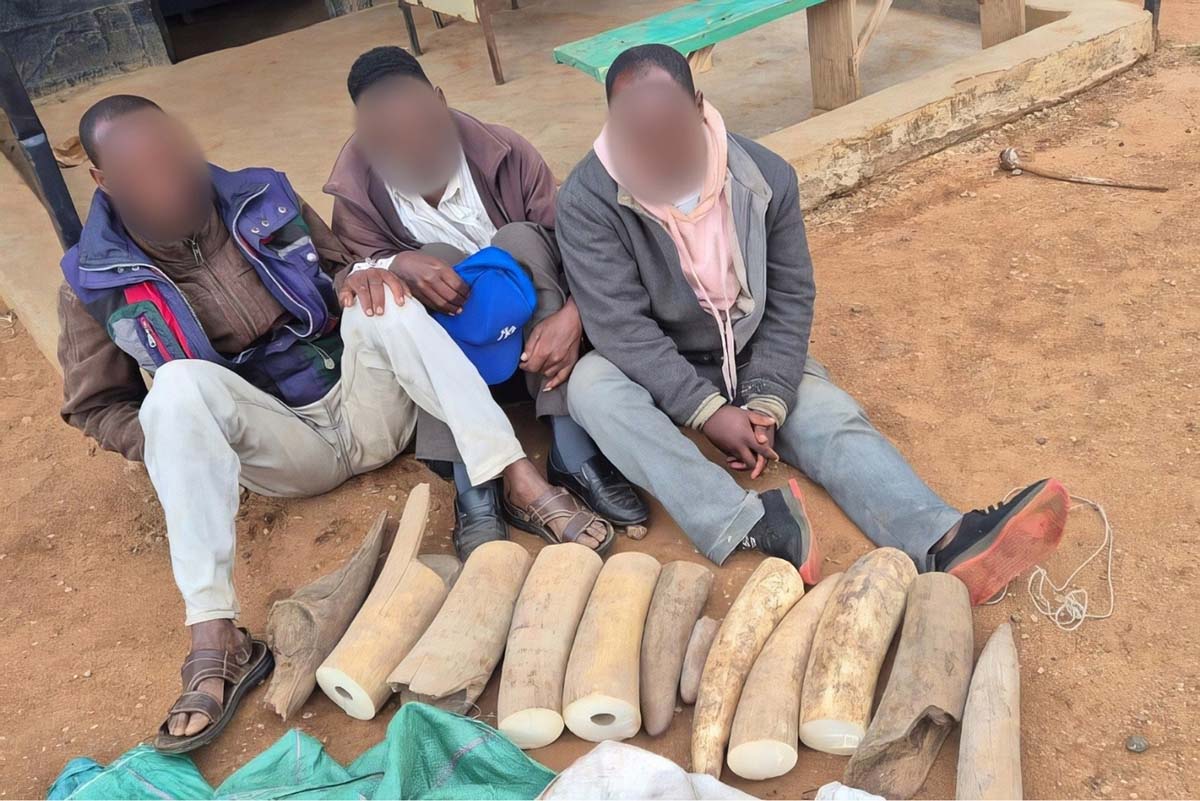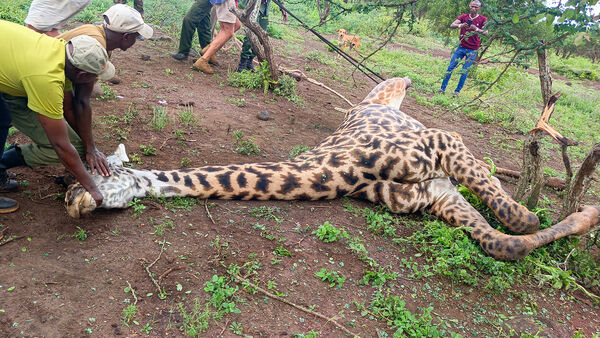
Protecting the environment isn’t a choice — it’s a shared responsibility.
Thriving ecosystems rely on the connections and relationships between all of the living beings within them.

Protecting the environment isn’t a choice — it’s a shared responsibility.
Thriving ecosystems rely on the connections and relationships between all of the living beings within them.


Zebras are tough. Watch any nature documentary they’re featured in, and you’ll see the many challenges they have evolved to overcome.
But what they haven’t evolved to deal with are fences, snares, and busy roads. These threats are particularly damaging to Amboseli’s zebras who must roam vast distances for food across a landscape marked with increasing human development.
This zebra was photographed in March 2023 at the end of one of Amboseli’s worst droughts on record, bearing a horrific snare wound around its neck. Big Life rangers monitored it until nightfall, but it disappeared before a vet was available to treat it, along with our hopes of its survival.
Miraculously, the same zebra was seen again just this past week, its wound fully healed. We are stunned to see it healthy again more than two years later.
Our efforts at creating new wildlife conservancies and corridors in conjunction with our anti-poaching operations, are all attempts at mitigating the negative impacts that humans place on Amboseli’s wildlife.
This plucky zebra is a reminder that nature is exceptionally resilient, and that our efforts are not in vain.
📸: Joshua Clay


Three men sat waiting next to a motorbike at a petrol station in late evening.
The location was Bisil, a town in the center of Maasailand that would be hosting one of Kenya’s busiest livestock markets the following morning.
Just 60 km from Tanzania on the Namanga Highway, the market attracts customers from across the border and beyond. It’s a place where many things move through many hands.
The three men were not here to sell cows or goats - their cargo was far more secretive. They had been careful, but even the most quietly spoken whispers are clearly audible to Big Life’s intelligence network.
Whispers of these three had been monitored for several weeks, and they had no idea that the net was closing in.
Working with Big Life’s intelligence, officers from the Kenya Widlife Service arrested the men where they stood. The bag on their motorbike was opened to reveal 12 pieces of ivory, weighing 41.5 kgs in total. There was little struggle as they were taken for interrogation, and they will appear before court early next month.
We have not lost a single elephant to ivory poaching across our area of operation since 2018. But that doesn’t mean that the trade has stopped. In this case, the ivory was old, indicating it had been hidden for some time. But it underscores the need to stay vigilant.
This recent arrest sends a clear message to any would-be dealer: no matter how quietly you may whisper, you will be heard, and you will be caught.

Inflation can be a killer. Literally.
Prices are up on all products in Kenya. Poachers are taking advantage and raising their prices too. Although black market bushmeat only sells for about half the price of beef, prices have nearly doubled from a few years ago.
And that is not good news for giraffes, given their size. A poacher can get 200-300kg of meat from just one of these gentle giants, which yields close to $1,000 at current prices.
One consequence of this was discovered by our Rombo mobile unit on a recent patrol, sticking out of the back leg of a giraffe: the sharp end of a Maasai spear.
The Big Life team immediately alerted Kenya Wildlife Service and the Sheldrick Wildlife Trust and monitored the giraffe during the wait. The SWT helicopter carrying a KWS vet arrived promptly, and we are grateful to both partners for their support rescuing this giraffe.
Thankfully, the spear had not penetrated too deeply, nor impacted any vital organs. The vet completed a routine treatment before sending the giraffe on its way.
Thanks to our rangers, and your support for them, we are able to mobilize help for animals that need it, when they need it.
And during times that are tumultuous for everyone, we are hugely appreciative of every donation to support this work, including from SwissAfrican Foundation for funding our mobile unit on Rombo.
Page 5 of 105